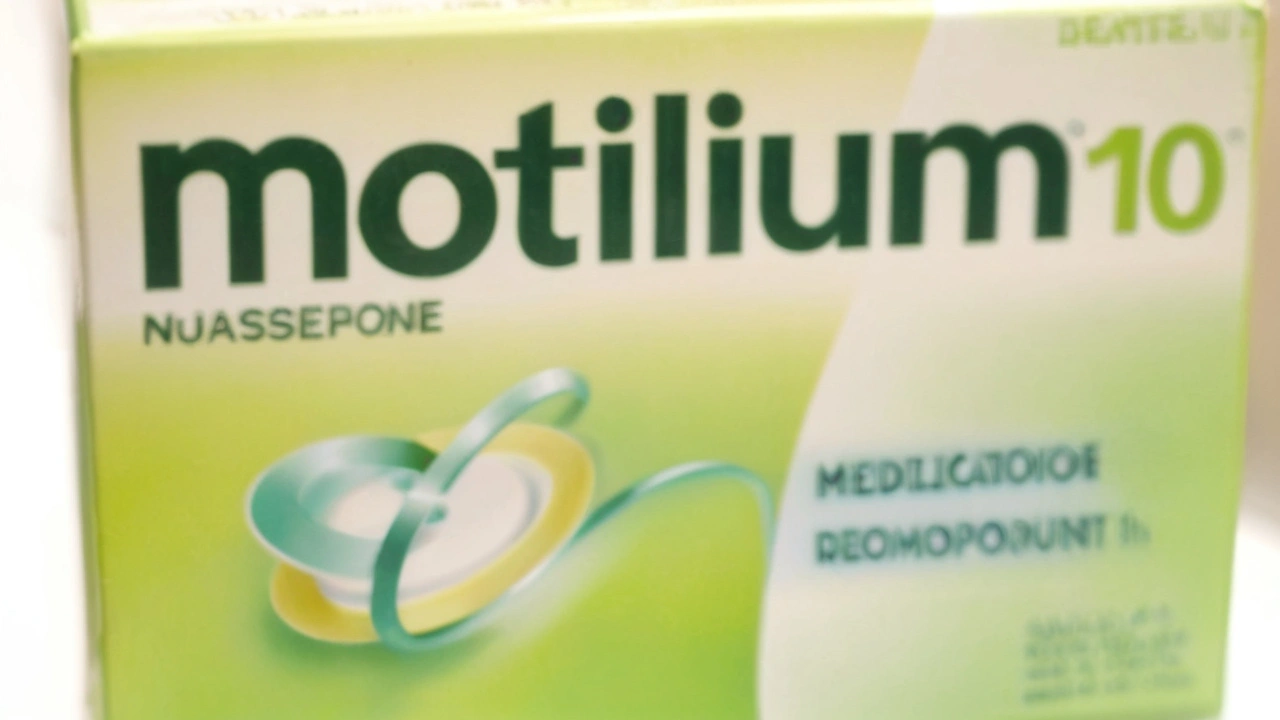Camber Pharmaceuticals Introduces Generic Gabapentin Oral Solution for Cost-Effective Postherpetic Neuralgia Treatment
Camber Pharmaceuticals has launched a new generic medication, Gabapentin oral solution, which serves as a cost-effective alternative to Neurontin for managing Postherpetic Neuralgia (PHN) in adults. This launch is part of Camber's strategic expansion to provide affordable generics and meet the healthcare demands with high-quality alternatives. Their extensive product range now covers various formulations for different medical conditions.










